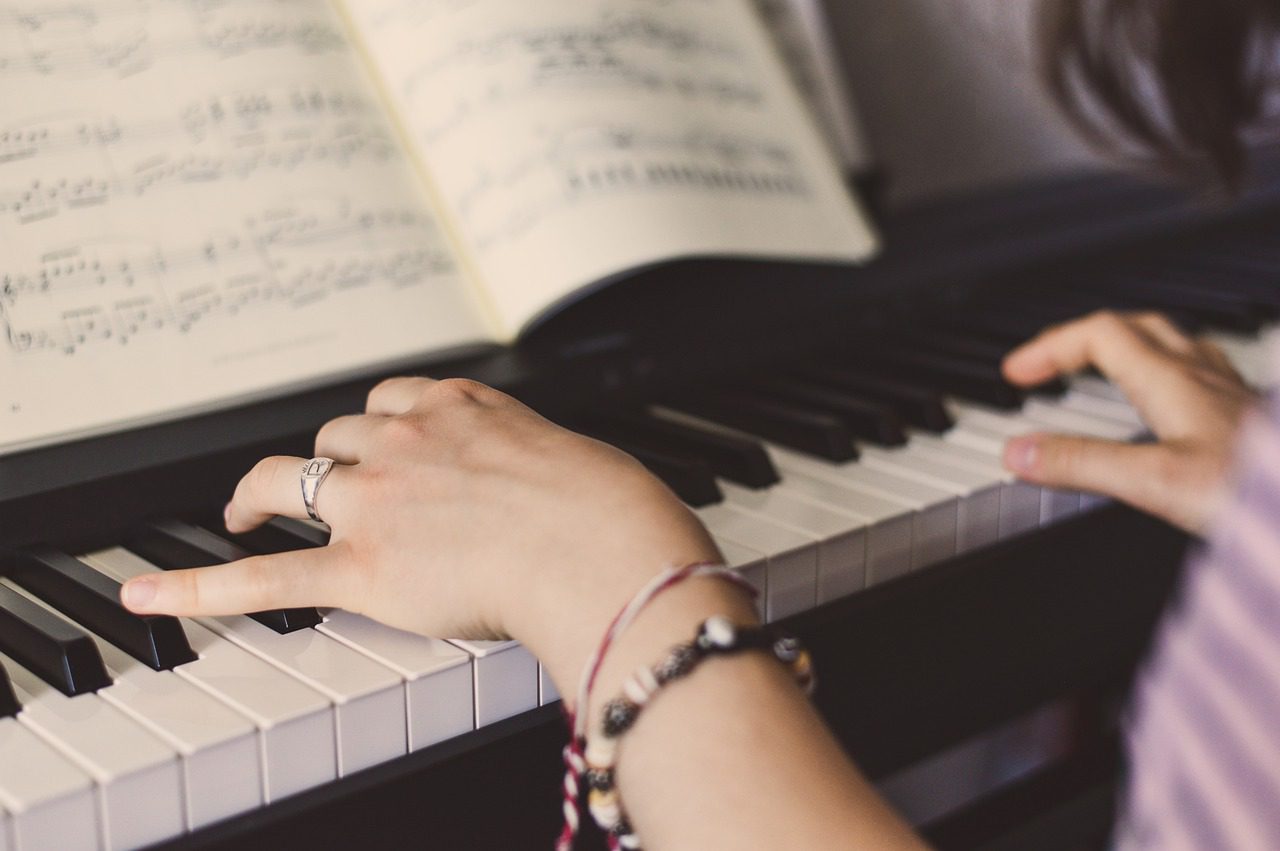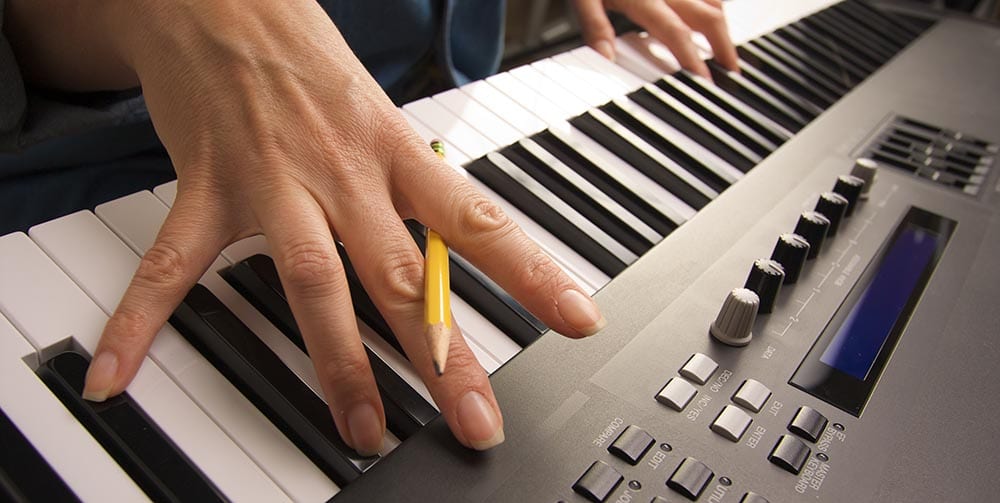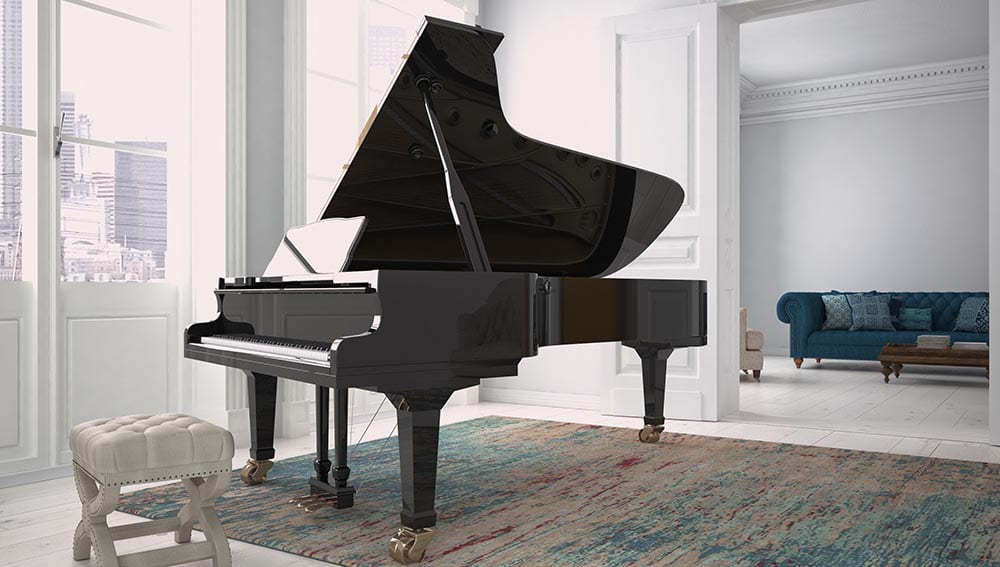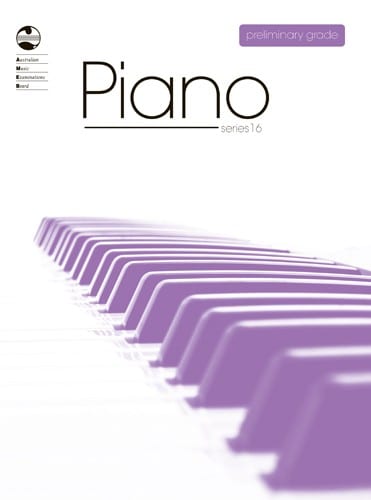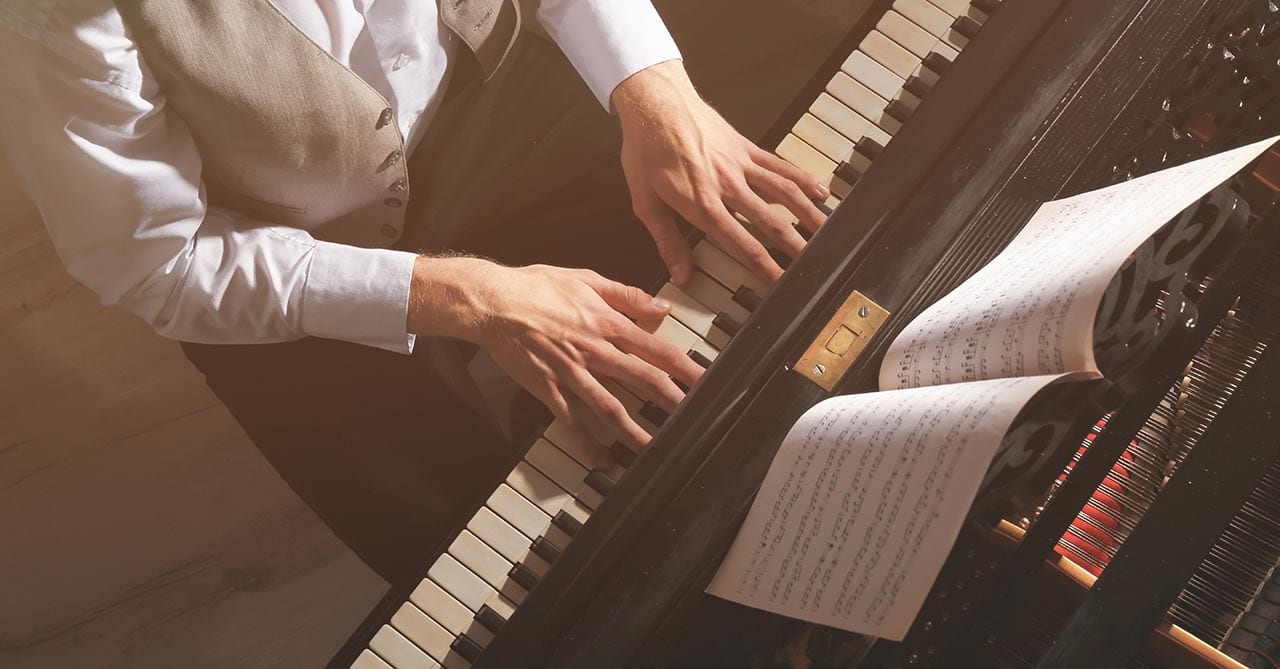Benefits of Recording Your Piano Lessons
Piano lessons, especially at the advanced levels, can be very intensive and cover a lot of detail. Taking notes during and after lessons takes up precious practice time. If you want a convenient and beneficial way to revisit the details covered during your lesson, consider using your smartphone to record your session.
Lesson Reference
A recorded lesson allows you to go over every interaction between you and your teacher, allowing you to listen to comments and suggestions brought up during your lessons. Once you reach a more advanced level, it can be nearly impossible to remember all the details and every word your teacher says to you.
By compiling recordings of your lessons, you can keep track of all the exercises covered as well as the exercises you should be doing in your spare time. The best part is that you can pause the recordings to go over each exercise thoroughly at your own pace. It is also a handy way of tracking your progress and revisiting techniques from older lessons you might have forgotten.
You can also avoid bothering your piano teacher by asking them to go over the same things over and over again. Piano lessons can be expensive so it’s great to get the most out of them by ensuring every lesson covers new material.
Listen to Your Own Playing
Piano students often rely on their teachers to tell them if something sounds right. Having a recording of your playing during your lesson allows you to evaluate your music and identify areas for improvement.
Our ears tend to lie to us when we’re under pressure. While you might think you’re hitting the right notes, melody or tempo while playing, a recording can tell a different story. Listening to a recording of yourself playing will give you objective insights into aspects of your playing technique that you would never have noticed. From there, you can practice exercises that specifically address your areas of weakness.
Listen to your pacing. Use a metronome to identify whether you are rushing or dragging whilst playing certain parts of a piece. Students often play faster in the easier sections and slower in the difficult ones. Smooth out these differences by practising and re-recording your playing for further examination.
Other things to listen for are your ability to handle changing tempos in a song and your rests. Are you holding notes long enough or too long? It’s easy to focus all your attention on playing the right notes in the moment without critically examining other aspects of your playing. While it can be damaging to your self-regard to hear all the mistakes you make while playing, it is the best way to improve as a pianist.
A video recording is even better, allowing you to watch your hands and critically analyse your fingering and hand positioning. Does your body move with your hands? How is your posture? The more information you can get about your flaws, the more armed you will be in correcting them.
Pianoforte offers an extensive selection of new and second hand pianos across three showrooms in Sydney. We also offer expert services including piano tuning, piano moving, music lessons and piano repair. Talk to our friendly team for questions and advice or visit us in store.


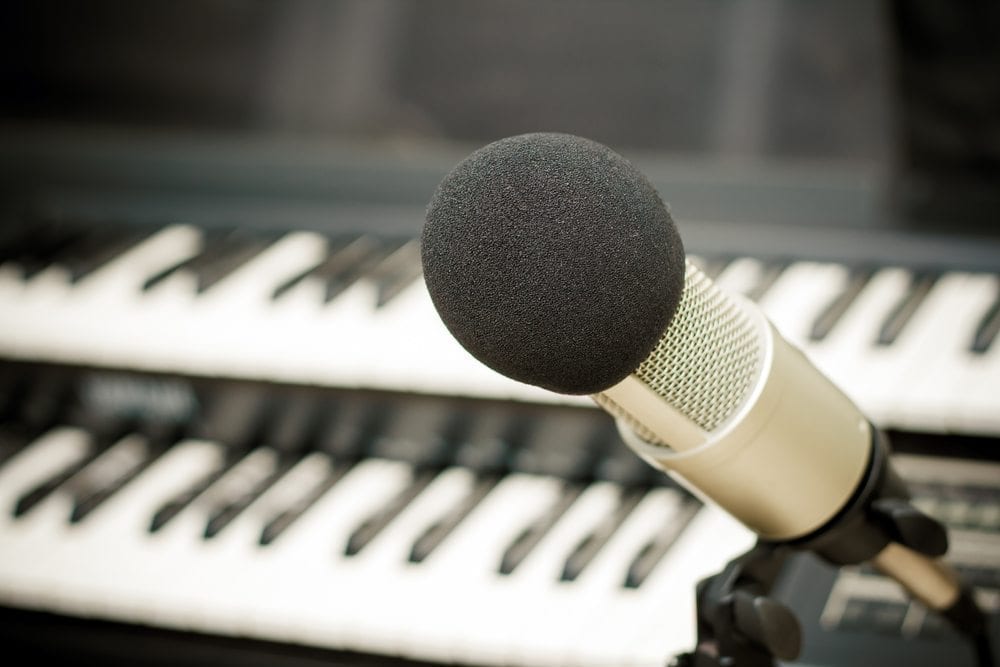
 February 3, 2017
February 3, 2017
